Rajshahi, Aug 31 (V7N) – Daily erosion along the Padma River continues to intensify in four union councils bordering India in Rajshahi and Chapainawabganj districts. Hundreds of homes, thousands of acres of farmland, mosques, madrasas, schools, and even Border Guard Bangladesh (BGB) camps are at risk of being swallowed by the river’s relentless current.
Fear and uncertainty have become a constant in the lives of border residents as entire villages teeter on the brink of extinction. In the past two years alone, at least ten villages in Char Ashariadah and Deopara (Rajshahi) and Char Alatuli and Char Debinagar (Chapainawabganj) have been lost to the Padma’s erosion. Local estimates suggest that hundreds of families and vast areas of arable land and social infrastructure have vanished.
Siddique, a farmer from Char Alatuli, said, “Our village once had over a thousand homes. Now, not even half remain. The Padma has taken it all. Those of us left don't know if we'll still have land tomorrow.”
At Poladanga village in Chapainawabganj, a once-sturdy bridge now sits precariously at the river’s edge. Villagers say it was previously three kilometers from the riverbank, but erosion has reached it rapidly. The bridge remains the only accessible route for many, now threatened with collapse.
According to local representatives, more than 10,000 people in these border areas have been displaced due to erosion over the past decade. Numerous schools, religious institutions, and thousands of bighas of farmland have disappeared. At least 1,000 families remain directly threatened today.
Marfat Ali, a former Union Parishad member, warned that entire villages like Poladanga and Harma may soon vanish. "Even the BGB camp is now at risk. If it falls into the river, Indian border forces (BSF) may take control of the area, which would pose a serious national security concern."
Local resident Sentu Ali added, “Around 450 families still survive here, but if erosion continues unchecked, we’ll not only lose our homes—we’ll lose the border.”
Rehana Khatun, a housewife in Char Alatuli, described the constant fear: “Each time, we must evacuate in a hurry—children, elderly, livestock. We can’t sleep at night, worried the river will swallow our land before morning.”
Farmer Amin Ali criticized the Bangladesh Water Development Board’s (BWDB) use of geo-bags to curb erosion, claiming, “They were supposed to be filled with 250 kg of sand, but only 100 kg was used. This kind of negligence won’t stop the river.”
Arifur Rahman Ankur, Executive Engineer of the Rajshahi BWDB regional office, stated, “We are deploying geo-bags in several areas and monitoring the situation constantly. But the strong current is making it difficult to sustain protective work.”
Locals are demanding permanent embankments, transparent project implementation, and corruption-free initiatives. “Temporary fixes are not enough,” one villager said. “We need durable, well-constructed embankments or we will lose everything.”
Godagari Upazila Nirbahi Officer (UNO) Faisal Ahmed confirmed that erosion-hit areas in Char Ashariadah have been inspected. Emergency food supplies are being distributed with the support of the union chairman. Discussions are underway with BWDB officials for urgent erosion control measures.
As erosion continues to redraw the geography of Bangladesh’s northwestern frontier, the stakes grow higher—not just for displaced villagers, but for national security and border integrity as well.
END/MRA/SMA/



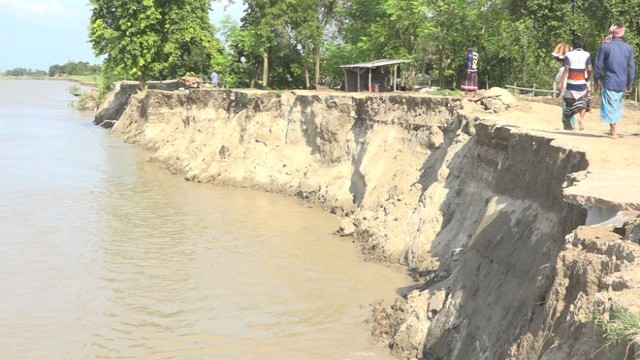
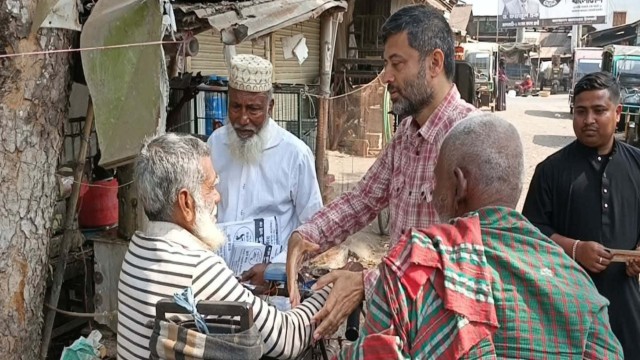
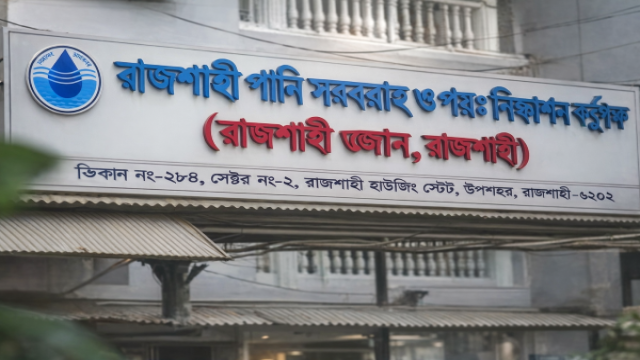
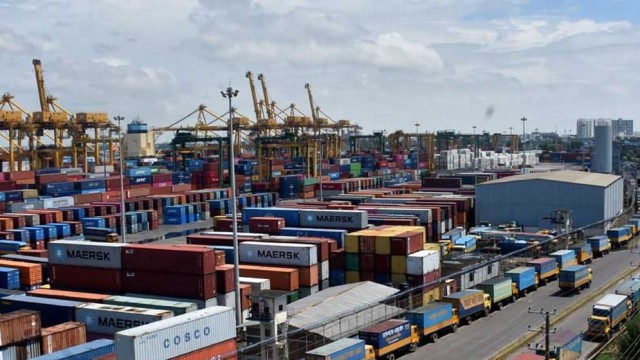


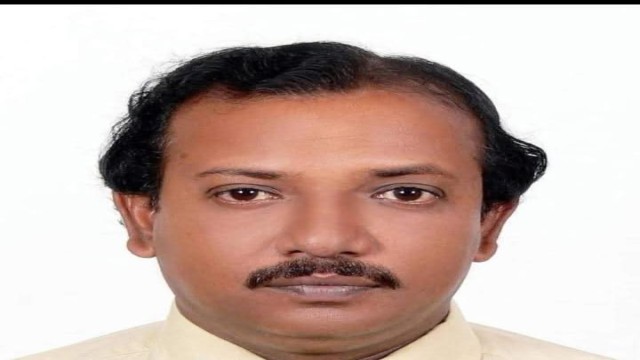
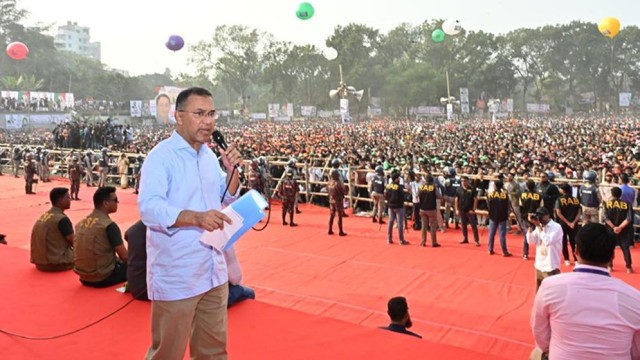

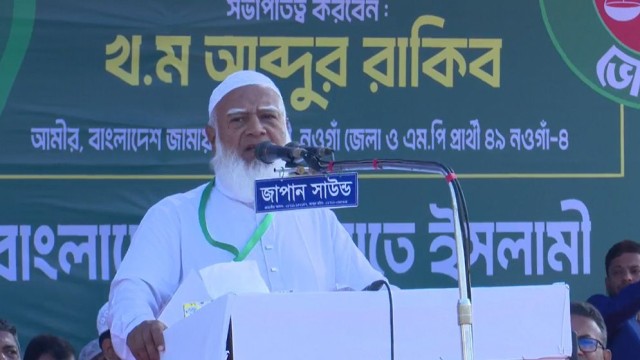
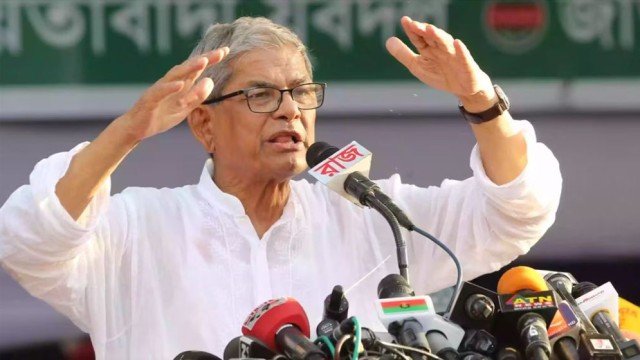

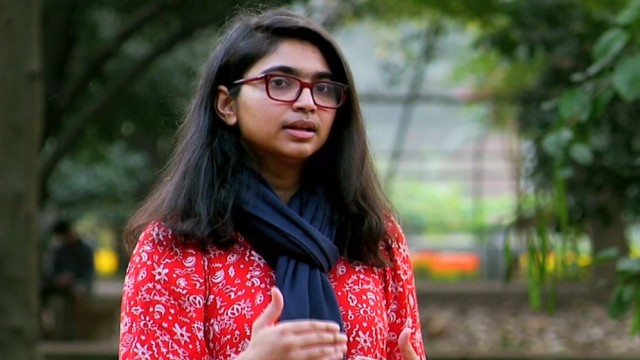
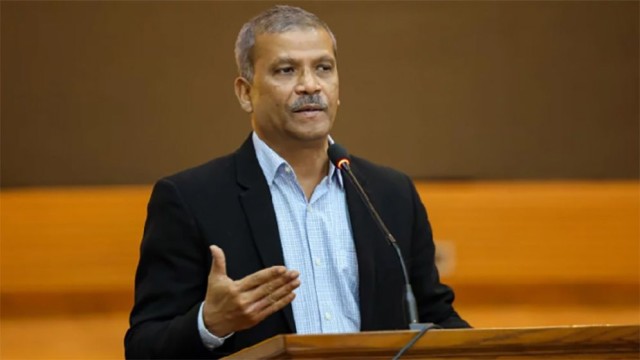

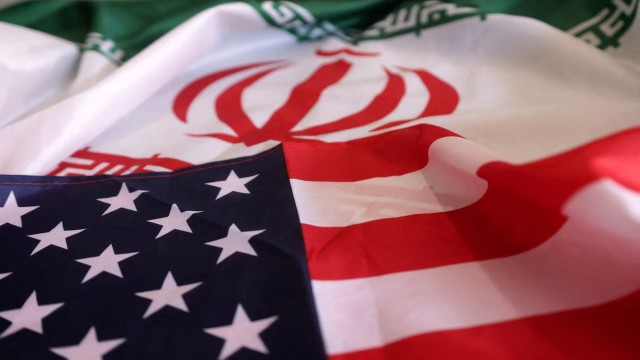
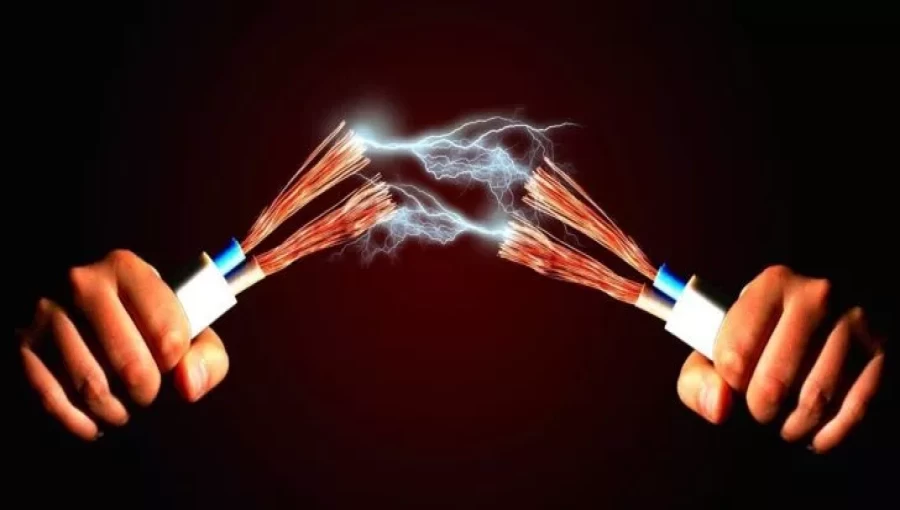











Comment: